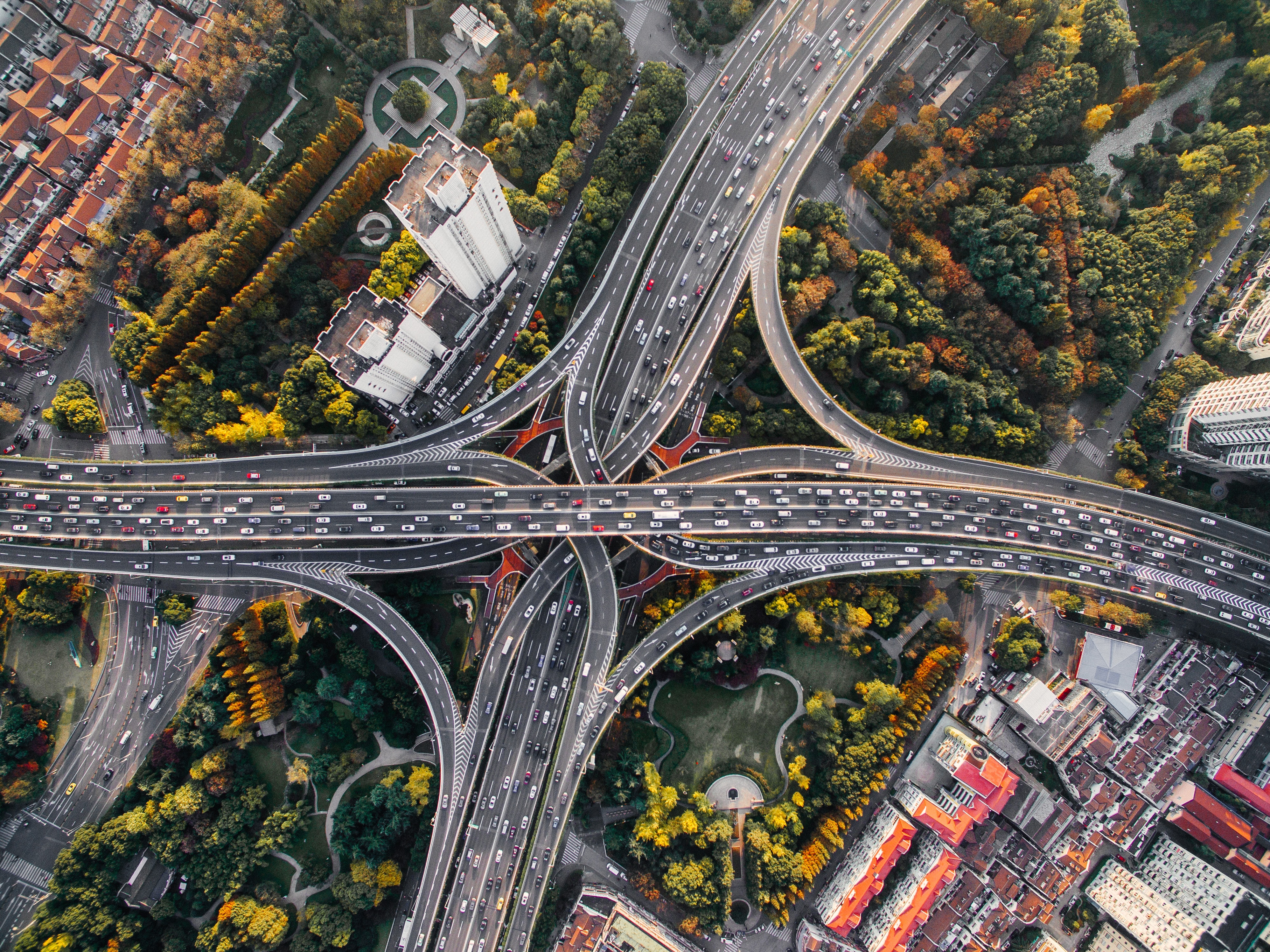
By Kelsey Hamlin, Volunteer Outreach and Development Coordinator
Every day we wait for holistic climate action across all fronts is a sacrifice we tack on to our health, our loved ones, and our planet. That’s why we want to let you in on our climate-driven housing and transportation priorities at the legislature. Together, we’ll tackle three priorities this session: A Clean Fuel Standard, the Zero-Emissions Vehicle Program, and the Accessory Dwelling Unit bill.
First off, we know Washington’s largest in-state emissions come from transportation--largely, our cars. The causes behind this are multifaceted:
-
For most of Washington, we don’t build other reliable, frequent, and accessible transportation alternatives outside of the car.
-
Our lower-income, more rural communities, and communities of color rarely see the benefits of the transportation system we pay into. Worse yet, these communities are often closest to car-heavy roads, ensuring higher likelihoods of asthma from all the air pollution.
-
By sprawling our housing, we cut farmland opportunities, reduce forests, and lengthen our commutes--not only to work, but to grocery stores, doctors, and daycares, too. When we sprawl, we increase greenhouse gas emissions.
-
Even in areas with good transit, greener alternatives don’t always meet everyone’s needs and schedules. This is especially true for elders and people living with disabilities.
-
Most of our cars rely on fossil fuels, and the car industry is no longer incentivized to change that, prioritize good mileage, or stock up on electric vehicles.
-
We have many gas stations but not much electric charging stations or clean fuel alternatives.
But enough about the problems. We’re here for the solutions.
Our top priority: a clean fuel standard to incentivize electric transportation--especially since we passed the 100% clean electricity bill last year! This program would reap major health benefits by addressing the air pollution fossil fuels cause both at home and abroad. This bill wouldn’t simply count tailpipe emissions, but the total supply chains’.
Here’s how it works: The clean fuels standard ensures a 20% carbon intensity reduction statewide by 2035, requiring fuel and energy providers to either clean up their own products or buy equivalent credits every year from utilities and clean fuel providers. This includes electric fleets! California, where this has been implemented for several years, receives $10,000 per year per electric bus from providers that don’t meet the yearly standard buying credits.
Last year, Oregon’s Clean Fuel Program replaced nearly 1 million gallons of fossil fuels while only raising gas prices by less than one-quarter of a penny. (We’re the only west coast state without such a standard.) Our legislation would also ensure the credits (money) go to local clean energy and fuel providers while prioritizing places with the worst air pollution.
Passing a clean fuel standard means less asthma, strengthening our local economy, and telling big companies they can no longer hold a monopoly over our choices. Should the legislature fail to pass this bill, the Puget Sound Clean Air Agency hopes to implement an even stronger fuel standard for all its jurisdictions (King, Kitsap, Pierce, and Snohomish counties).
The clean fuels standard complements another priority we have: the Zero-Emissions Vehicle (ZEV) program. This simply requires automakers to sell electric cars rather than block them out. The Trump administration, unfortunately, wants to prevent states from enacting ZEV. So we, along with partners, took him to court. That means this might not happen until 2023.
But we’d only be addressing one portion of our air pollution problems if we didn’t discuss housing. People often drive because 1) it’s the only way to get from point A to B and 2) the thing they want or need, be it work or groceries, would otherwise take too long. We can solve problems 1 and 2 by creating more opportunities for people to live near the things they need, or near the people they love--which also saves money!
So we’re supporting a statewide Accessory Dwelling Unit (ADU) bill. ADUs are just things like renovated garages, stand-alone basements, and mother-in-law suites. The bill would require most cities with 2,500+ populations to let someone build two ADUs if they want. Not only do ADUs help reduce air pollution and sometimes energy consumption, but they also help seniors who need more accessible homes as they age. ADUs also reduce financial burdens, offer comparatively affordable ownership, assist inter-generational living, and reduce isolation which creates suicide risks. This doesn’t mean ADUs have to or even will pop up everywhere, but it does give people more options to build extra home units within existing infrastructure, instead of adding sprawl with often excessively huge homes.
And then, of course, there’s the results of I-976. Oh, the woes of Washington’s transportation budget and regressive tax structure. Right now, the Supreme Court issued a “stay” so fees and revenue are gathered like normal. But state officials are considering putting revenue in an escrow account until the courts determine I-976’s legality, and many cities and towns may make similar preemptive cuts. We’ll keep an eye on this and all subsequent transportation revenue and expenditure decisions.
We hope you’ll find some time for rest and celebration this holiday season, and come back ready to tackle the new legislative session together when it officially starts on Jan. 13. In the meantime, consider joining our Legislative Action Team to stay updated on future opportunities and get involved.
Photo by Denys Nevozhai on Unsplash